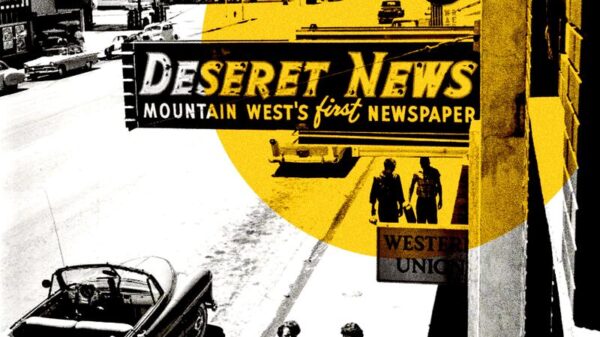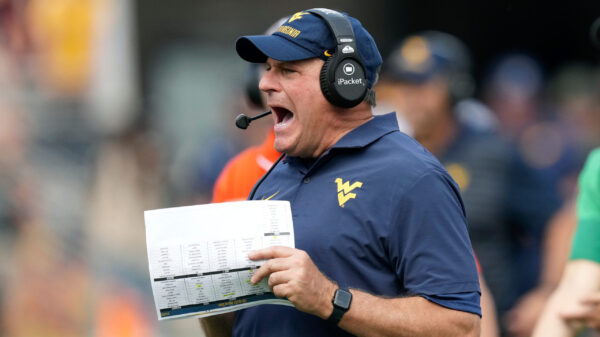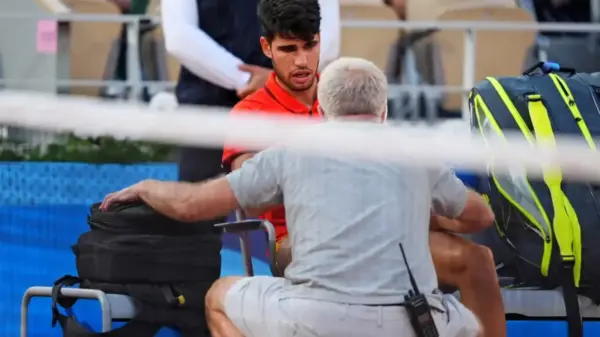As artificial intelligence continues to revolutionize music creation, the importance of learning to compose original music remains a vital pursuit. In a recent article, music educator and composer Ray Harmony argues against the growing trend of relying on AI-generated songs, emphasizing the intrinsic value of the songwriting process.
The rapid influx of AI-generated music poses a new challenge for aspiring musicians. With tools that can create songs and accompanying artwork in mere moments, many are opting for convenience over the traditional craft of songwriting. This shift raises a fundamental question: if a song is produced by a machine, can it truly be considered the creator’s own? According to Harmony, the answer is a resounding no, yet the allure of quick results has captivated a large audience.
Harmony reflects on his extensive experience, having taught music for over 30 years. He notes that the process of creating music is far more complex than merely stringing together notes. Although there are only 12 notes in music, the combinations and rhythms yield an overwhelming range of possibilities. For beginners, this can lead to feelings of frustration, as many compositions may not meet their expectations.
Preserving the Craft of Songwriting
In a world where AI offers a shortcut, Harmony believes there is still immense value in dedicating time to learn and practice music. He warns that losing the art of songwriting could mean the loss of a significant cultural skill. “If humans can’t be convinced that making music is a skill worth preserving, it will be lost forever,” he writes. This sentiment echoes the lessons of history, where skills can disappear within a generation.
The act of creating music is not merely about the final product; it serves as a powerful form of self-expression that can enhance mental, spiritual, and even physical well-being. Harmony argues that engaging in music fosters connections among individuals, providing a sense of community that AI-generated music cannot replicate.
He highlights the joy and playfulness inherent in the music-making process. “Making music is playful and fun! Remember those things?” he asks, urging readers to reconnect with the joy of creation. Yet, he acknowledges that the initial learning curve can be steep, leading many to seek the easier path of AI tools.
The Journey to Mastery
Harmony draws parallels between learning music and physical exercise. Just as individuals may struggle initially to build strength and endurance, the same applies to mastering musical skills. Those who persevere through the challenges often find the process becomes more enjoyable over time.
His message is clear: trust in the journey of learning. The rewards of creating music extend beyond the immediate satisfaction of producing a song; they contribute to overall well-being and fulfillment. Harmony envisions his platform, Hack Music Theory, as a “Songwriter’s Ark,” dedicated to preserving music-making skills during the overwhelming prevalence of AI.
For those inspired to embark on this creative journey, Harmony offers resources such as his free book, 12 Music Theory Hacks to Learn Scales & Chords, and an online apprenticeship course for those looking to refine their musical abilities.
As the landscape of music continues to evolve with technology, the message remains steadfast: the art of songwriting holds irreplaceable value. It is a craft that deserves attention, dedication, and above all, passion.




































































